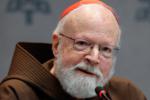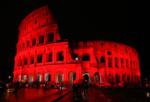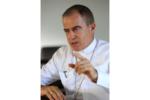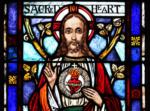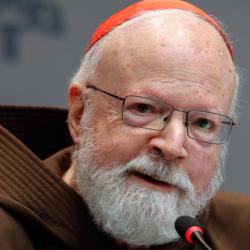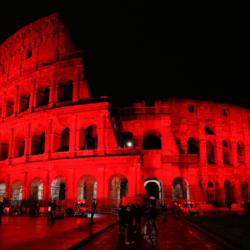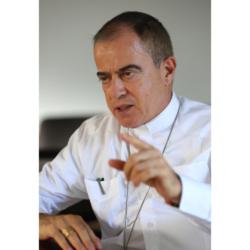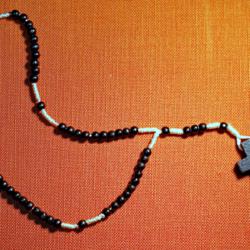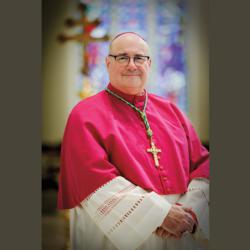Evangelizer's strength comes from practicing what one preaches, pope says
VATICAN CITY (CNS) -- The most powerful and effective method of evangelization is to live according to what one teaches and preaches, Pope Francis said.
"I can recite the Creed by heart, I can talk about everything we believe in, but if your life is not consistent with that, it will get you nowhere," he told people at his weekly general audience in St. Peter's Square May 31.
What attracts people to the Gospel, he said, is seeing consistency in the way Christians live, seeing that "we, Christians, live the way we say and do not pretend to be Christians," who, instead, live a "worldly" life.
The pope continued his series of talks about "zeal" for evangelization by focusing on Jesuit Father Matteo Ricci, a 16th-century Italian missionary who spent 28 years evangelizing in China and bringing Western science to the continent. He died in Beijing in 1610, at the age of 57.
His missionary spirit represents "a living and relevant model" for evangelization today, said Pope Francis, who advanced the Jesuit's sainthood cause in 2022 by recognizing his heroic virtues.
"His love for the Chinese people is a model," he said, but what is most important is "his consistency," his witness as a Christian.
Father Ricci is known as a great missionary because "he brought Christianity to China," the pope said, and he is "great" because he was "a great scientist, he is great because he is courageous, he is great because he wrote so many books, but he is great, above all, because he was consistent with his vocation, consistent with that desire to follow Jesus Christ."
Christians, he said, should ask themselves whether they are living in harmony with what they believe, "Am I consistent, or am I a little so-so?"
After St. Francis Xavier first tried to enter China in the 1500s, another 25 Jesuits after him tried and failed to enter the country, the pope said. However, Father Ricci succeeded. He and a confrere spent years preparing for their mission to China by studying the language and customs, and then they spent another 18 years to get to Beijing.
Father Ricci is a "great example of apostolic zeal" because "with perseverance and patience, inspired by an unshakeable faith, Matteo Ricci was able to overcome difficulties and dangers, mistrust and opposition," Pope Francis said.
What was his secret? What path did his zeal take him? the pope asked. "He always followed the path of dialogue and friendship with everyone he met, and this opened many doors for him to proclaim the Christian faith."
The pope explained how the priest adopted some aspects of Chinese culture by first dressing like the Buddhist monks of the region, "but then he understood that the best way was to assume the lifestyle and clothing of the 'literati'" or Chinese scholars. "He studied their classical texts in depth, so that he could present Christianity in positive dialogue with their Confucian wisdom and the customs of Chinese society."
This is "inculturation" -- the same approach used in the early centuries of the church, when the early church theologians "inculturated" the Christian faith in dialogue with Greek culture, he said.
Matteo Ricci was admired and respected as a man of science, but the most important of all his efforts was "the proclamation of the Gospel," the pope said. But the credibility he earned through his sincere and wise scientific dialogue "gave him authority to propose the truth of the Christian faith and Christian morality."
He gave witness by living a life of virtue and prayer, because "it is prayer that fuels the missionary life," and by living a life of charity and helping others, by being humble and shunning all honors and riches, which all led "many of his Chinese disciples and friends to embrace the Catholic faith," the pope said.
"This is the consistency of evangelizers," he said. The greatest strength of the best missionaries "is consistency; they are consistent" with what they teach and live.



